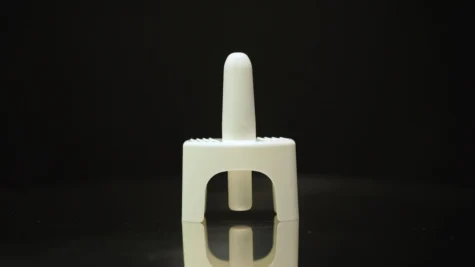Addiction is a deep, multifaceted problem that affects millions of people globally. However, even though some effective treatment options are available, many individuals must overcome significant barriers to addiction treatment before beginning their journey to recovery. By understanding these obstacles, we can develop strategies for overcoming them and ensuring more people get the help they need.
Read further to explore the most common barriers to addiction treatment and to learn how to break through these walls.
The Stigma Surrounding Addiction
One of the most significant barriers to addiction treatment is the stigma associated with substance abuse disorders. Society often views addiction as a moral failing rather than a medical condition, and this can in turn make individuals feel shameful and impede their recovery efforts. This stigma is deeply ingrained in cultural perceptions, hence hindering open discussions on addiction and its possible treatments.
Tools to Break Down the Stigma
- Educational campaigns: Create awareness about addiction as a disease.
- Personal stories: Inspire others by sharing stories of triumph over addiction.
- Support networks: Inclusive communities free from judgmental attitudes.
Tools to Create a Positive Environment
- Support groups: Joining Alcoholics Anonymous (AA) or Narcotics Anonymous (NA) for peer-based support groups could offer some much-needed assistance.
- Family therapy: Incorporating family members in the recovery process enhances a supportive home environment.
- Relocation assistance: Searching for new living arrangements that foster sobriety.
Financial Constraints
For many people, the cost of drug rehab programs can be a significant barrier standing in the way of their path to recovery.
Ways to Navigate Financial Obstacles
- Insurance coverage: Check your policy, because many insurance plans cover certain expenses for substance abuse issues.
- Payment plans: Some facilities might offer some flexible payment arrangements.
- Grants and scholarships: Look for organizations offering assistance with financing addiction treatment programs.
Lack of Access to Treatment Facilities
Geographical barriers may restrict adequate access to quality addiction treatment services.
Rural areas may lack specialized centers, making it necessary for individuals needing treatment to travel long distances. For those without cars, this may be a considerable challenge.
Tools to Bridge the Gap
- Telehealth services: Use technology to facilitate remote counseling and support.
- Mobile clinics: Take treatment services closer to underserved areas.
- Community partnerships: Broaden service coverage by cooperating with local healthcare providers.
Fear of Withdrawal Symptoms
The fear of withdrawal symptoms can be a significant impediment for someone thinking about entering rehab. Going through withdrawal symptoms can be physically and emotionally draining, and anticipation of this pain often results in people avoiding treatment altogether.
Methods to Ease Withdrawal Fears
- Medication-assisted treatment (MAT): Methadone or buprenorphine can relieve symptoms of withdrawal associated with opioid use disorder.
- Medical supervision: Detox should always be conducted under medical supervision.
- Supportive care: Provide emotional and psychological interventions during withdrawal periods.
Denial and Lack of Awareness
Many people grappling with addiction either do not recognize how serious their situation is or are in denial about it. This lack of understanding makes it difficult for them to understand that they require help from a professional to deal with their substance abuse issues.
Ways to Increase Awareness
- Screening tools: Questionnaires and assessments can identify problems related to substance use among various groups, including students, employees, etc.
- Education programs: Informative sessions discussing addiction signs as well as consequences of substance abuse can shed light on substance abuse issues.
- Family interventions: This approach encourages loved ones to join the process of recovery as well as acknowledge their role in promoting a drug-free lifestyle for the individual struggling with addiction.
Overcoming Barriers with Southern Sky Recovery
At Southern Sky Recovery, we understand the diversity of these barriers to addiction treatment and are dedicated to helping those affected by them recover from their addiction.
At our top-rated drug rehab in Bluffton, South Carolina, we provide a supportive, family-oriented environment, treating each client with the dignity and respect he or she deserves.
Our addiction treatment includes various levels, such as an intensive outpatient program (IOP), partial hospitalization program (PHP), and outpatient services, offering flexible options to suit your preferences.
Our range of therapies includes:
- Medication-Assisted Treatment (MAT)
- Intervention services
- Dialectical behavior therapy (DBT)
- Cognitive behavioral therapy (CBT)
- Family therapy
- Individual therapy
Every recovery plan is created individually, focusing on personal challenges experienced by our clients to help them effectively navigate this process to attain sobriety.If you or someone you love is struggling with these barriers to addiction treatment, contact us so that we can give you better insights on how we can walk with you on your path toward recovery.



